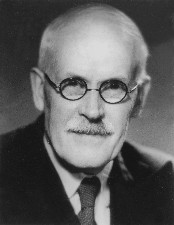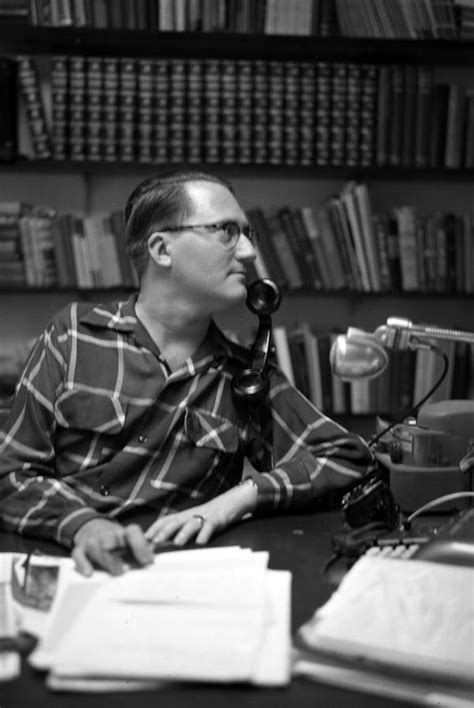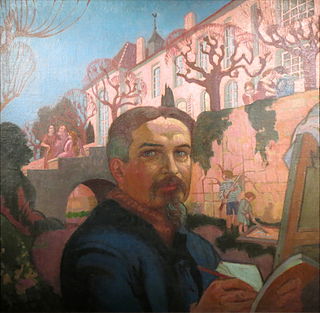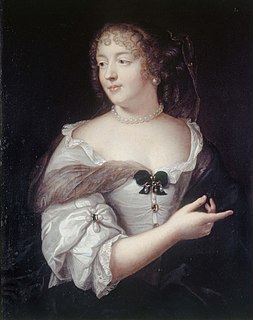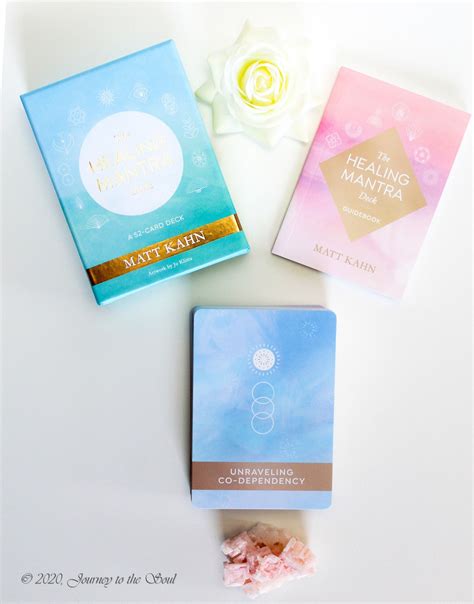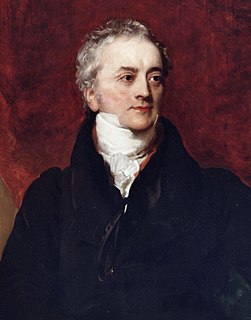A Quote by Lucian Freud
The painter must give a completely free rein to any feeling or sensations he may have and reject nothing to which he is naturally drawn.
Related Quotes
We may conclude, therefore, that, in order to establish laws for the regulation of property, we must be acquainted with the nature and situation of man; must reject appearances, which may be false, though specious; and must search for those rules, which are, on the whole, most useful and beneficial.
Lots of people look for happiness through sensations, whether it's through sex, the taste of food, the sound of music, the sensations of movies and plays, creating a certain environment in their home, and so on. Looking for happiness through sensations keeps you constantly searching for the next "fix" and for more varied sensations. Sensations become addictions, and nothing is ever enough.
I have said, and I believe, that potentially we have in this country a free enterprise system of radio and television which is superior to any other. But to achieve its promise, it must be both free and enterprising. There is no suggestion here that networks or individual stations should operate as philanthropies. But I can find nothing in the Bill of Rights or in the Communications Act which says that they must increase their net profits each year, lest the Republic collapse.
We learned from Gauguin that every work of art is a transposition, a caricature, a passionate equivalent of a sensation which has been experienced. He freed us from all restraints which the idea of copying naturally placed on our painter's instincts. All artists are now free to express their own personality.
We must eradicate root and branch any fear and dread in our soul concerning the future that is coming towards us... We must develop composure with regard to all the feelings and sensations we have about the future; we must anticipate with absolute equanimity whatever may be coming towards us, thinking only that whatever it may be will be brought to us by the wisdom-filled guidance of the universe.
Nothing is more certain of destroying any good feeling that may be cherished towards us than to show distrust. To be suspected as an enemy is often enough to make a man become so; the whole matter is over, there is no farther use of guarding against it. On the contrary, confidence leads us naturally to act kindly, we are affected by the good opinion which others entertain of us, and we are not easily induced to lose it.
One of the most commonly overlooked spiritual practices is daring to be completely honest with everyone you encounter. Some may say others cannot handle their honesty, but true honesty is not a strategy or a weapon of any kind. It is the willingness to be open and absolutely transparent in sharing how any moment feels in your heart. It has nothing to do with confrontation, accusation, or any form of blame. True honesty is the willingness to stand completely exposed, allowing the world to do what it may, and say what it will, only so you may know who you are - beyond all ideas.
If we seek for the simplest arrangement, which would enable it [the eye] to receive and discriminate the impressions of the different parts of the spectrum, we may suppose three distinct sensations only to be excited by the rays of the three principal pure colours, falling on any given point of the retina, the red, the green, and the violet; while the rays occupying the intermediate spaces are capable of producing mixed sensations, the yellow those which belong to the red and green, and the blue those which belong to the green and violet.
Photographs will always be impressive because they show us nature, and all artists will find in them a world of sensations. The photographer must therefore intervene as little as possible, so as not to cause photography to lose the objective charm which it naturally possesses, notwithstanding its defects.


